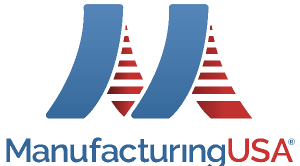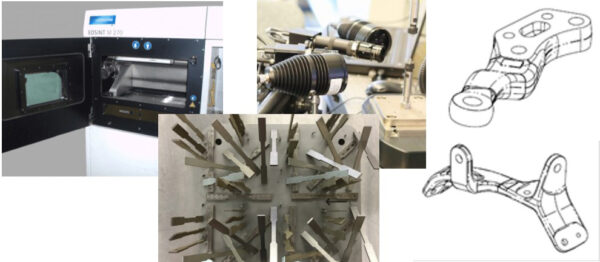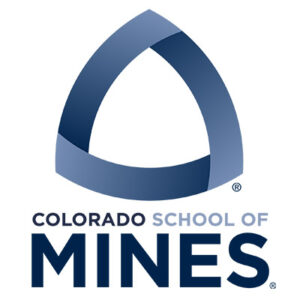


This project involves comparing test specimens from multiple machines and multiple locations, as well as optimizing the geometry of some “real world” parts for additive manufacturing.
Problem
A major limiting factor for the adoption of additively manufactured (AM) parts into structural applications is the challenge of qualification. The range of equipment suppliers that use their own proprietary feedstock formulations makes each AM system unique and thus subject to its own qualification protocol—even the same system model in a different location. This highlights the need for a qualification process that is dependent on material science rather than on individual manufacturing parameters.
Objective
This project is developing a data-driven qualification process that allows relationships across instruments, platforms, suppliers, and even alloy systems to be inferred using intelligent machine learning algorithms informed by underlying physics-based modeling. This allows predictions to be made across AM systems which can reduce the amount of data needed to qualify a new machine and certify a new part, greatly speeding the adoption of AM parts into military vehicles without sacrificing the quality and reliability that drive the need for qualification. The goal is to enable qualification of AM parts with significantly reduced testing across various tools, vendors, and feedstocks by directly incorporating awareness of manufacturing issues such as melt pool scaling, powder reuse, and local thermal environment during a build.
Technical Approach
Working closely with collaborators at US Army Combat Capabilities Development Command (CCDC) Ground Vehicle Systems Center (GVSC), the Alliance for the Development of Additive Processing Technologies (ADAPT) Data-Driven Qualification for Additive Manufacturing (DDQ-AM) team at Colorado School of Mines is establishing baseline process-property data for select demonstration parts using laser powder bed fusion and laying the groundwork for a multi-year vision to develop a physics-based, data-driven approach to enable qualification of AM parts across multiple manufacturing platforms and feedstocks. Combining expansive process monitoring with extensive microstructural analysis and measured properties, the team is building an intelligent machine learning framework informed by underlying physical metallurgical principles to enable accurate prediction of printed part performance in conjunction with process monitoring data based on minimal input information.
Project Participants
Project Principal

Other Project Participants
- Army Ground Vehicle Service Center
- Colorado State University
- University of Pittsburgh
Public Participants
- U.S. Department of Defense
